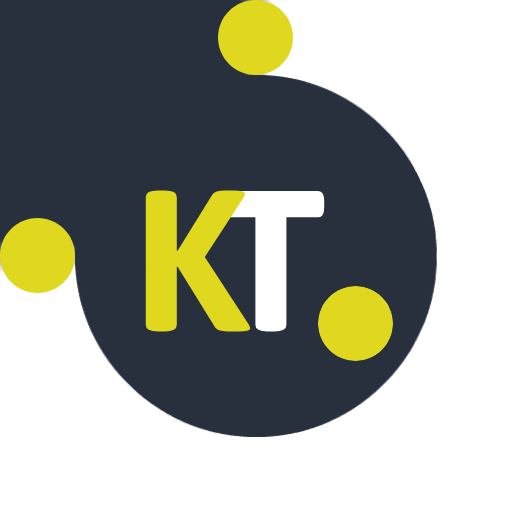In today’s competitive digital landscape, identifying a profitable niche is crucial for success, especially in the realm of WordPress development.
Developing a WordPress plugin can be an exciting yet challenging endeavor. From the initial spark of an idea to the moment your plugin goes live, having a well-structured timeline can significantly enhance your productivity and ensure a successful launch.
Transitioning your WordPress plugin to a subscription model can be a lucrative strategy for generating ongoing revenue and building a loyal customer base. A subscription model not only provides steady income but also fosters continuous engagement with your users.
Creating a WordPress plugin is just the beginning; effective documentation is essential for ensuring users can fully utilize your plugin's features. Comprehensive documentation not only improves user satisfaction but also reduces support queries, boosts customer retention, and enhances your plugin's reputation in the WordPress community.
In the digital age, video content has become a powerful tool for educating users, especially in the realm of WordPress and plugin development. Video tutorials offer an engaging way to convey complex information, allowing users to absorb knowledge more effectively than through text alone.


